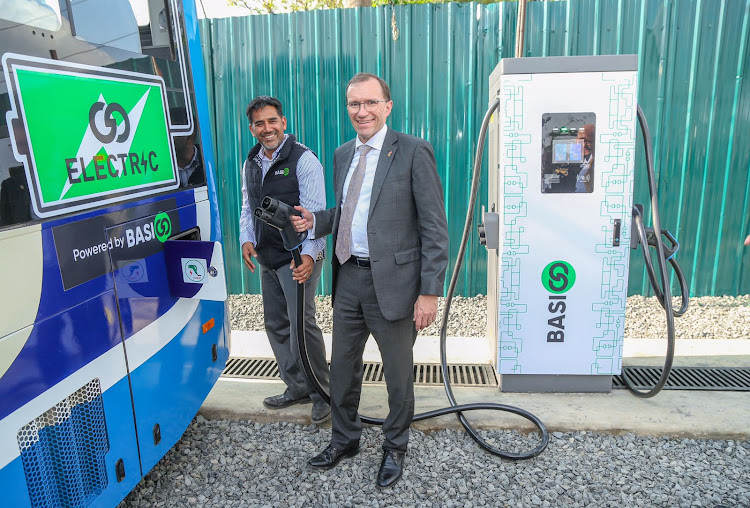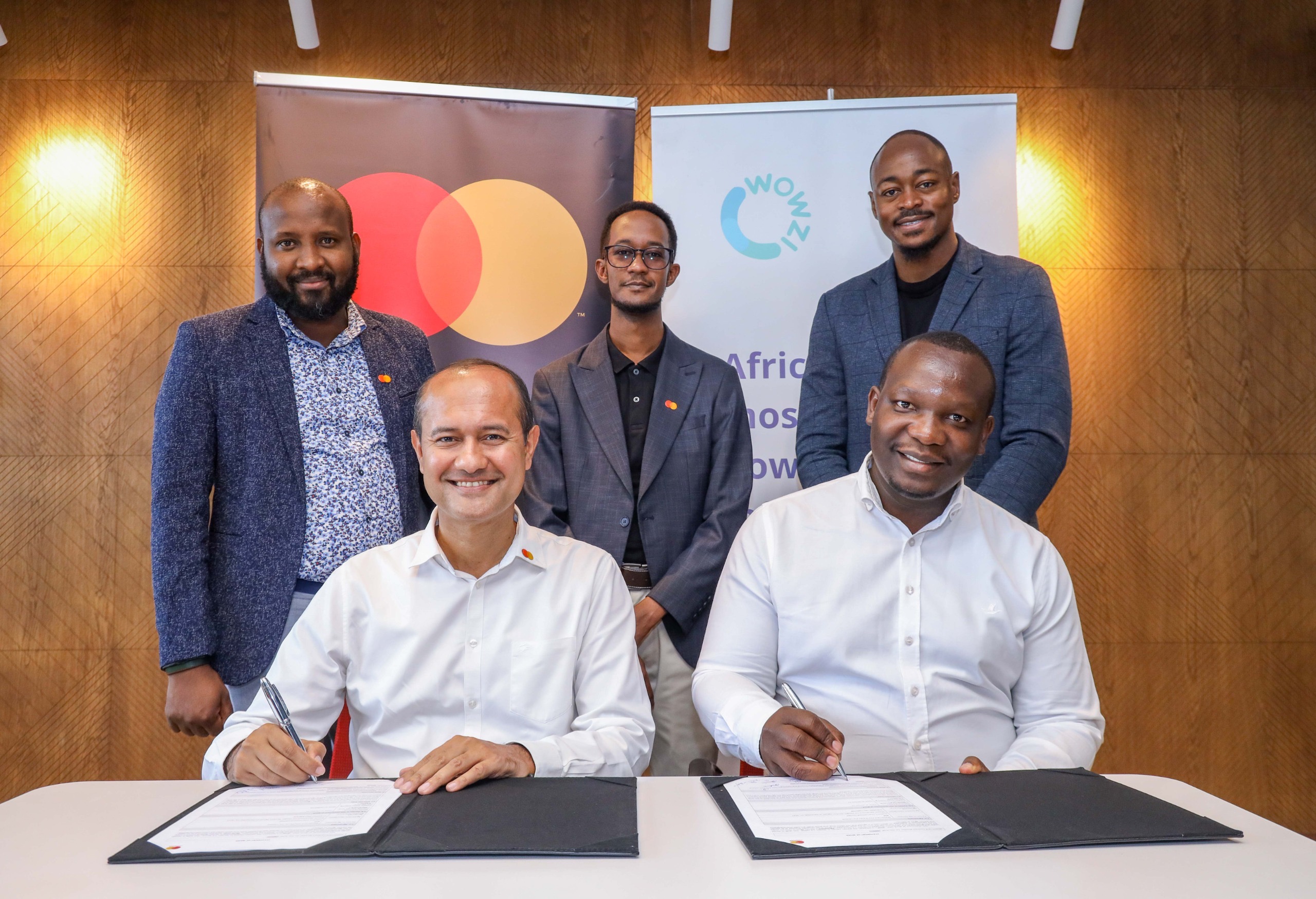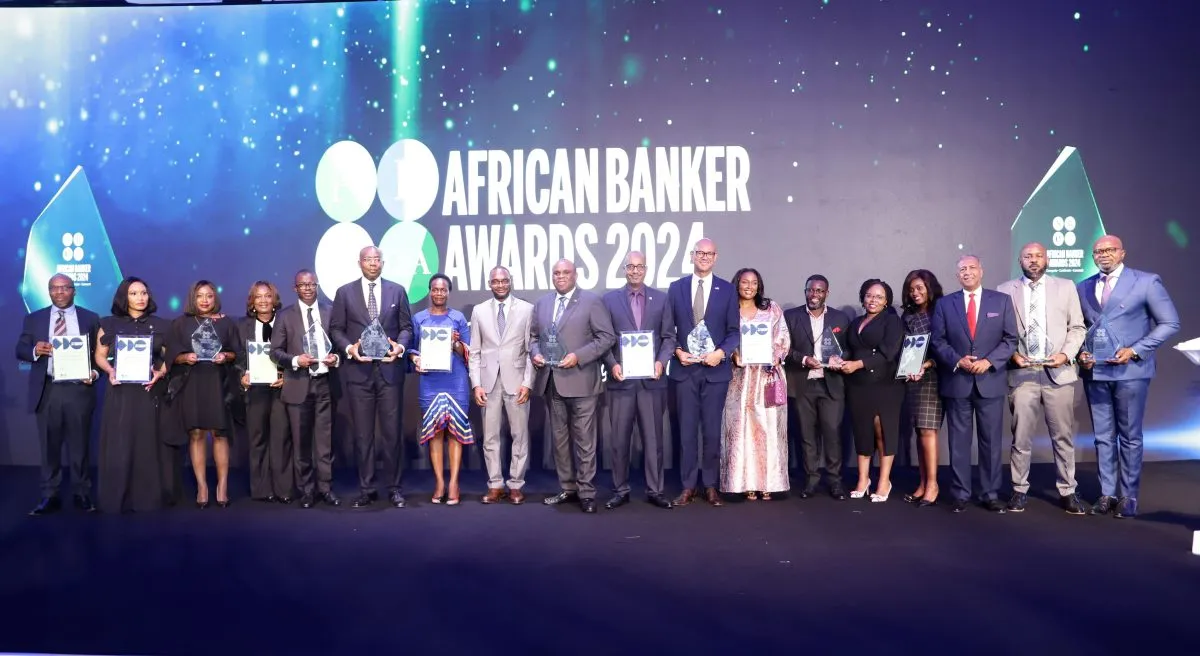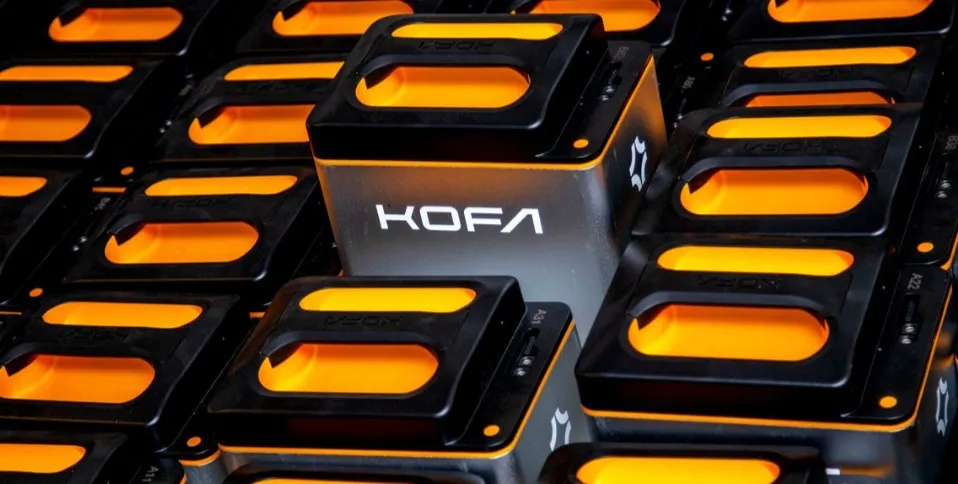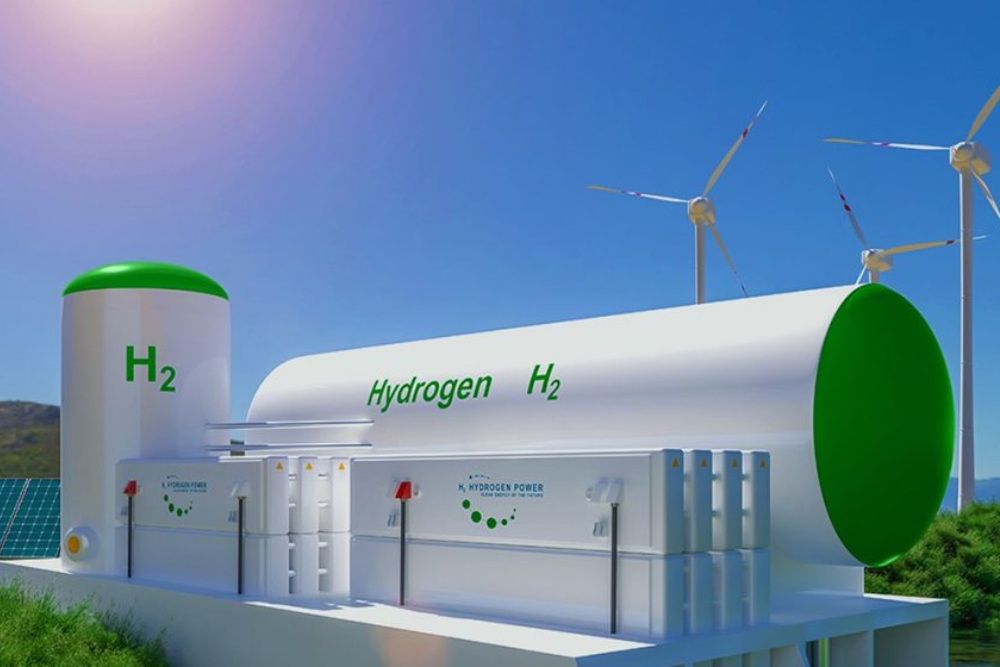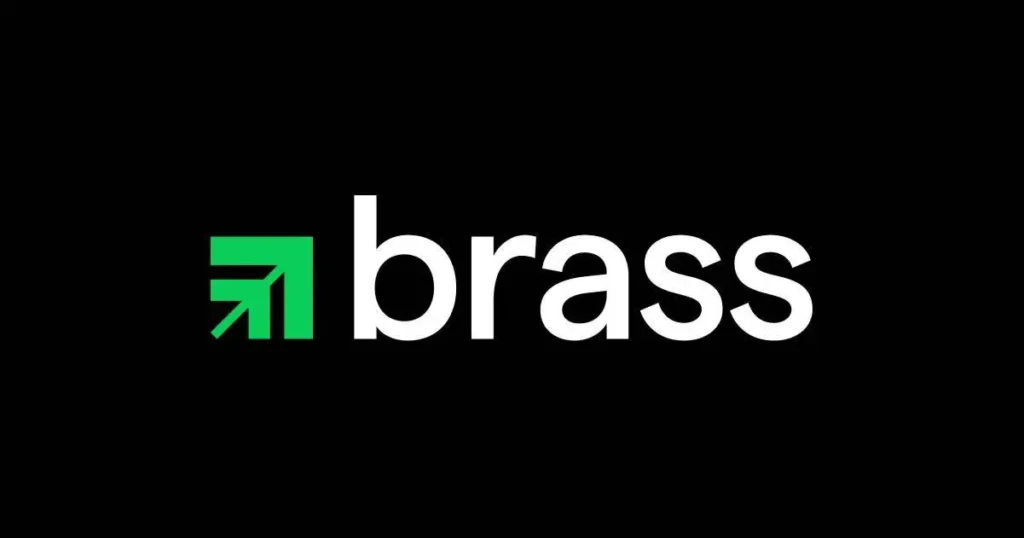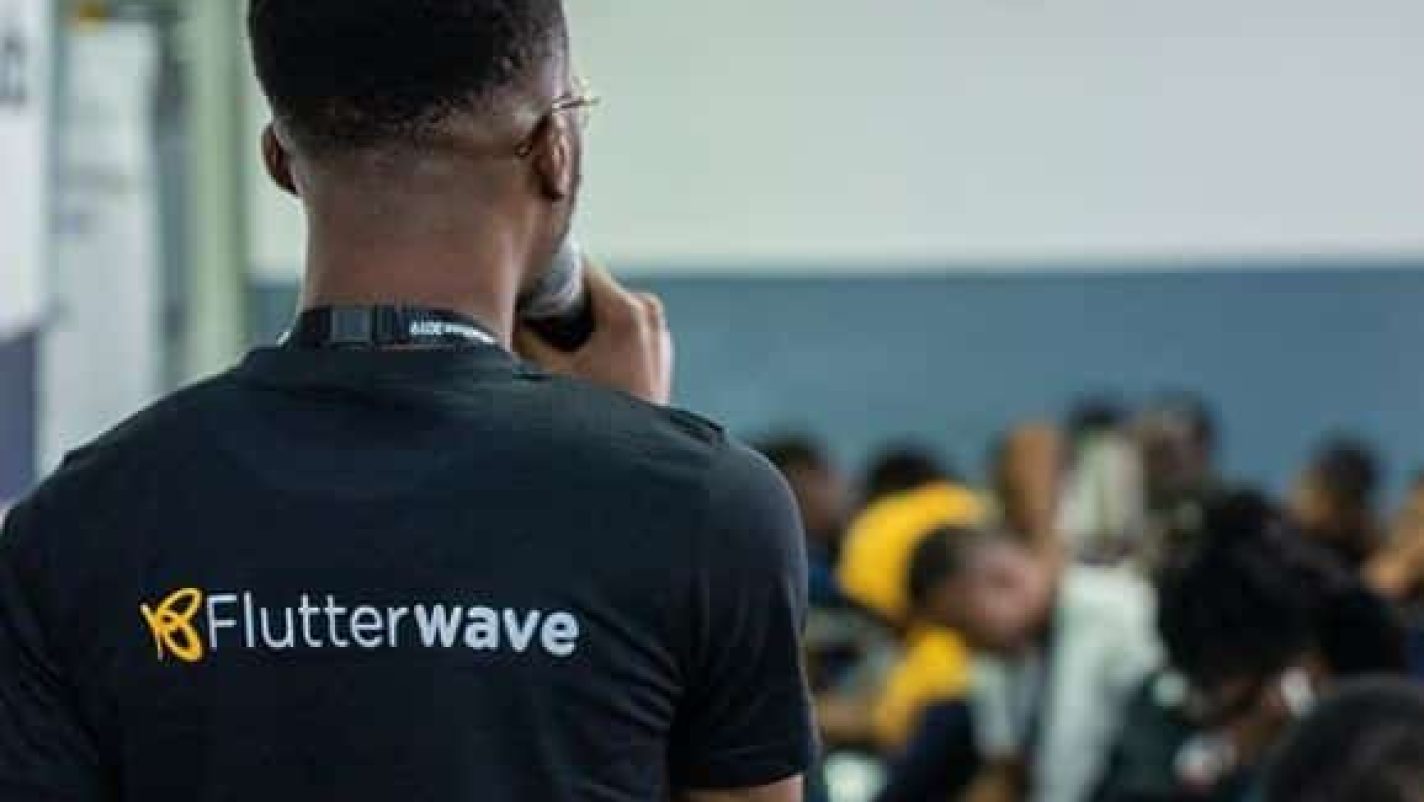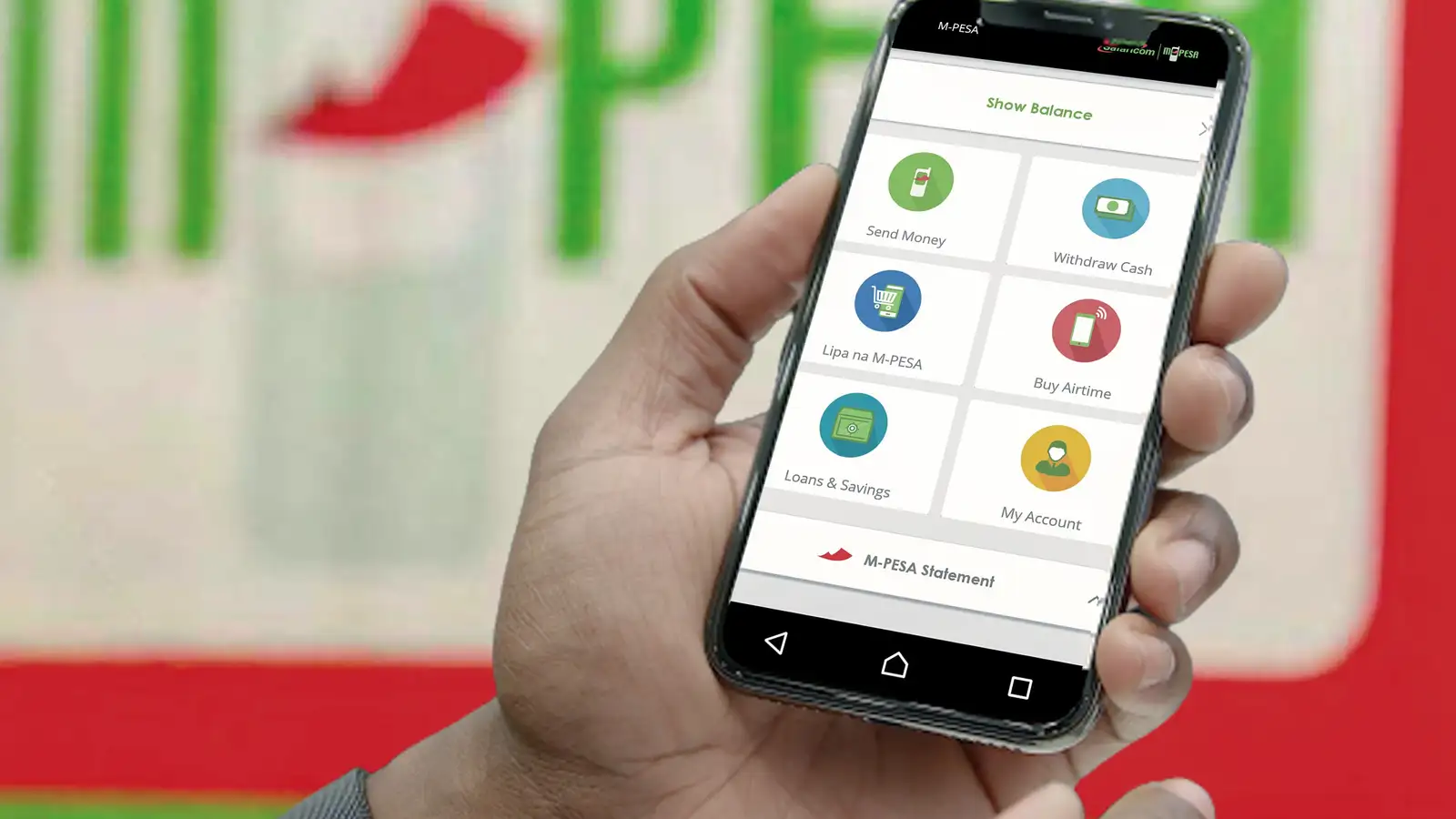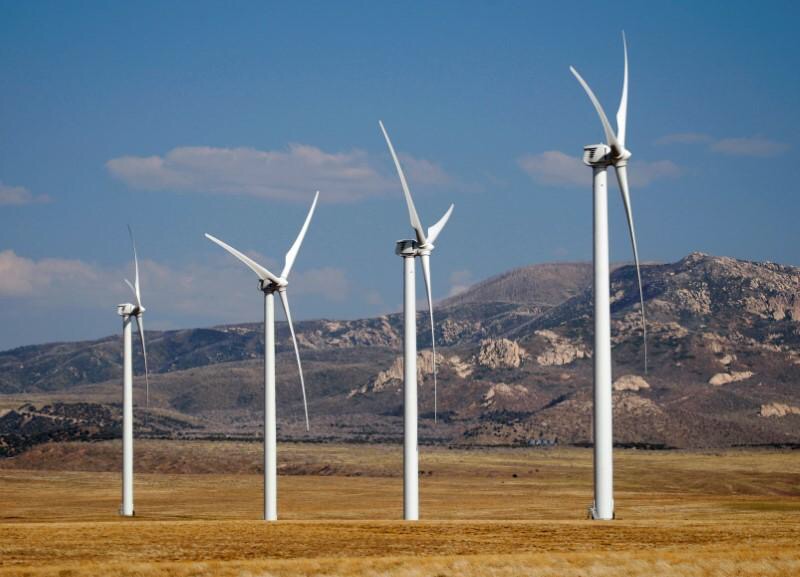The Central Bank of Kenya has pledged to issue payment licenses to fintech startups to open East Africa’s largest payments market—a significant stride meant to foster innovation humped by growth in the financial technology sector and, therefore, a significant boost to companies like Flutterwave and Chipper Cash.
This milestone brings greater financial inclusion to our region, said Patrick Njoroge, Governor of the CBK. Fintech companies bring about innovation that can be constructively leveraged and help bridge the gap for those currently excluded from traditional banking.
Read also: CBN’s Licence Revocation and Heritage Bank: NDIC’s Role
The CBK move will likely have a far-reaching impact on regional financial inclusion. Many people across the East African region still don’t have access to formal banking services despite growing. By licensing more fintech startups, CBK intends to grant underserved communities more access to more finance options.
Updating the Legal Framework
For example, the CBK is updating the National Payment Systems Act to facilitate this move. This approach will enable a definite legal framework for the fintech operations. The decision will give stability and clarity to the firms considering entering this space.
The new Act shall determine the scope of applicability of the license for payments and the standards of operation of fintech companies, as well as define mechanisms to control them. It is thus faring to create a level playing field and, at the same time, maintain the safety of the payment system.
Increased competition and innovations will encourage more fintech start-ups to enter the market, fostering economic growth. They can expect more choices, high quality of service, and probably even lower prices with increased competition.
This new licensing regime offers companies like Flutterwave and Chipper Cash an expansion opportunity. Flutterwave, Nigeria-based, has already made inroads into Kenya, allowing businesses to make seamless payments. Of massive import to Chipper Cash, which is generally known for its peer-to-peer money transfer services, these regulations will allow it to improve the scope of practice and expand the existing ones.
Positive Industry Reactions
The CBK announcement has been welcomed in the fintech industry. According to most leaders, the new licensing regime is a true catalyst for growth and innovation.
This is a defining moment for fintech in East Africa, said Olugbenga Agboola, Flutterwave’s CEO. “The CBK’s proactive approach to regulation gives us a solid foundation to grow and to contribute towards financial inclusion and economic development.
Read also: Fintechs pioneering financial inclusion in Nigeria, says World Bank report
Ham Serunjogi, the CEO of Chipper Cash, made the same point. “We’re excited about the opportunities this presents. Clear regulation increases investor confidence and ensures we can continue delivering secure and efficient financial services.”
Fintech players are preparing to take full advantage of new opportunities as much as possible following the finalisation by CBK of changes in the National Payment Systems Act:
Later this year, much-awaited payment licenses are expected after a new era is brought towards East Africa for probably the most pivotal move in their payment markets.
Over the next several months, the new regulatory framework will make it very interesting to observe whether it impacts the financial ecosystem for good or worse. The balance can very correctly be something that makes the initiative by CBK transform the economic landscape in the country much more in a manner that is Keynesian than has already been realised, creating an inclusive, dynamic, and resilient economy.

